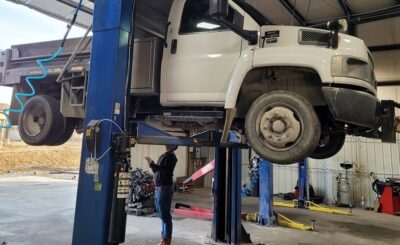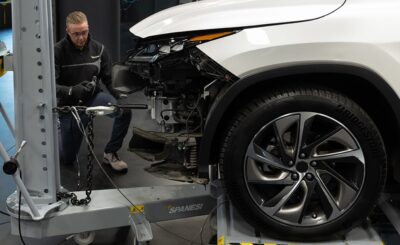Understanding the Importance of Truck Refrigeration Units
Truck refrigeration units play a pivotal role in the transportation industry, especially when it comes to ensuring the safe delivery of temperature-sensitive cargo. Whether it’s fresh produce, pharmaceuticals, or other perishable goods, these units are essential for maintaining optimal storage conditions throughout the journey.
Key Components and Features of Modern Truck Refrigeration Units
Modern truck refrigeration units are equipped with advanced features designed to optimise performance and efficiency. From high-quality refrigeration systems to precise temperature control mechanisms, these units are engineered to meet the rigorous demands of transporting perishable goods over long distances. Moreover, they are designed to be robust and reliable, capable of withstanding varying environmental conditions while preserving the integrity of the cargo.
Benefits of Using Truck Refrigeration Units for Temperature-Sensitive Cargo
The benefits of using truck refrigeration units are manifold. Firstly, they ensure that perishable goods remain fresh and safe for consumption, thereby reducing the risk of spoilage and wastage. Secondly, they provide peace of mind to businesses and consumers alike, knowing that their goods are being transported under optimal conditions. Additionally, they help businesses comply with regulatory standards and maintain the quality and safety of their products throughout the supply chain.
Types of Truck Refrigeration Units
There are several types of truck refrigeration units available in the market today. Direct drive units, for example, are directly powered by the vehicle’s engine and are often preferred for their simplicity and reliability. On the other hand, standalone units are independent systems that can be powered by either diesel or electricity, offering greater flexibility and efficiency. Moreover, there are different refrigeration technologies to choose from, including conventional compressor systems and advanced cryogenic systems, each with its own set of advantages and considerations.
Factors to Consider When Choosing a Truck Refrigeration Unit
Choosing the right truck refrigeration unit requires careful consideration of several factors. Firstly, the size and capacity of the unit should be matched to the specific needs of the cargo being transported. Temperature control and monitoring features are also crucial, ensuring that the desired temperature range is maintained throughout the journey. Energy efficiency and environmental impact are important considerations as well, with many businesses opting for eco-friendly refrigeration solutions to reduce their carbon footprint. Lastly, maintenance and serviceability considerations are essential for ensuring the longevity and reliability of the unit, with regular servicing and inspections being key to maximising performance.
Installation and Integration of Truck Refrigeration Units
Proper installation and integration of truck refrigeration units are critical for ensuring optimal performance and safety. Installation procedures should be carried out by trained professionals in accordance with manufacturer guidelines to avoid any issues or complications. Integration with vehicle systems and controls is also important, ensuring seamless operation and compatibility with existing equipment. Furthermore, ensuring regulatory compliance and safety standards is essential for protecting both the cargo and the vehicle during transportation.
Maximizing Performance and Longevity of Truck Refrigeration Units
To maximise the performance and longevity of truck refrigeration units, regular maintenance practices and inspection protocols should be followed. This includes routine checks of refrigerant levels, compressor operation, and temperature control systems, as well as timely repairs and replacements as needed. Troubleshooting common issues and faults is also important for identifying and addressing potential problems before they escalate. Additionally, upgrading and retrofitting options are available for improving efficiency and prolonging the lifespan of the unit, ensuring continued reliability and performance over time.








